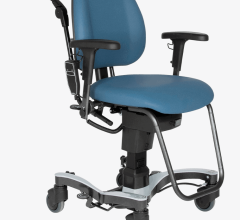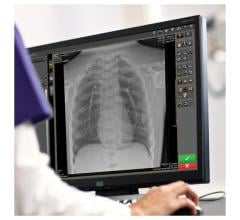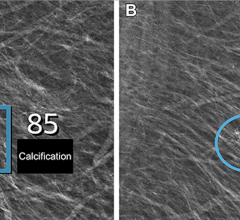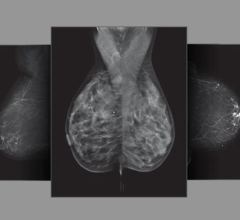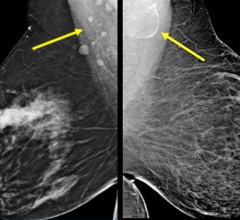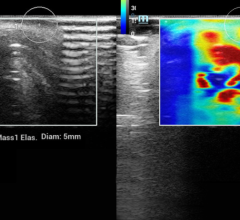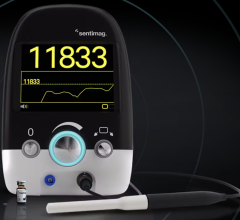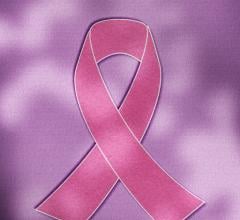
April 21, 2010 - A decrease in breast density, or the proportion of fibroglandular tissue depicted on the mammogram image, over a number of years is associated with decreased risk of breast cancer, reported researchers from the Mayo Clinic campus in Minnesota at the American Association for Cancer Research (AACR) 101st Annual Meeting 2010.
Lead investigator, Celine Vachon, Ph.D., an associate professor of epidemiology, presented the results. Vachon and her team of researchers found a 28 percent reduced risk of developing breast cancer in women whose breasts decreased in density. They looked at two different mammograms taken an average of six years apart, compared to women whose breast density did not change. Two measures of breast density may provide additional information for assessing breast cancer risk, Vachon concluded.
The current assessment available in most clinical settings is Breast Imaging-Reporting and Data System (BI-RADS), which is not very advanced in the area of measuring breast density, nor was it designed for that purpose.
The study was drawn from the Mammography Health Study, which enrolled 19,924 women who were free of breast cancer, had screening mammograms performed at Mayo Clinic between 2003 and 2006 in Minnesota, Iowa and Wisconsin. From this large group, the researchers selected participants who had at least one additional screening mammogram prior to enrollment. They then looked at clinic and tumor registries in the three Midwestern states to determine if any of these women developed breast cancer after enrolling in the study.
Measures of mammographic density were obtained from the two mammograms, an average of six years apart, for the approximately 1,900 women randomly sampled from the cohort, and from all 219 individuals who were diagnosed with breast cancer during follow-up. In the cancer-free group, 38.6 percent of women had a decrease in breast density, 50.4 percent stayed the same, and 11 percent showed an increase in breast density. In women who developed breast cancer, the percentages were 37, 51 and 12, respectively.
Women who developed breast cancer were less likely to experience a decrease in density in a second mammogram, says Vachon. After adjusting for other potential factors that contribute to breast cancer development, such as age, body mass index, postmenopausal hormones, postmenopausal status, in addition to baseline breast density, the researchers found that women who decreased one BI-RADS category or more over an average of six years were at 28 percent reduced risk of developing breast cancer, compared to women whose density was unchanged.
Breast density can change with time, as evidenced by decreases seen with women going through menopause or using the breast cancer preventive drug tamoxifen. Increases are seen with postmenopausal hormone therapy use. Vachon said the results suggest that decreases in density may translate to decreased breast cancer risk.
Vachon, however, cautioned that the data was not ready for use in clinical practice to inform breast cancer risk, and she stressed the need for standardized measurements of breast density for the assessment of changes in density are needed.
The study was funded by grants from the National Institutes of Health.
For more information: www.aacr.org


 July 29, 2024
July 29, 2024 

